Plug-In Kitchen
-Food Waste into Architecture-
Thesis, 2021

We’d like to see a building like a tree,
where it makes oxygen and sequesters carbon,
fixes nitrogen distills water, purifies the air,
changes colors with the seasons,
creates micro climates.
Focus:
Food Waste into Architecture
As a miniature lab owned by every unit, the kitchen provides a place for humans to process food. The use and abandonment of resources are happening here.
The research focuses on exploring the potential of “building from waste” and the potential of kitchen functioning by utilizing home waste resources, giving organic waste a second life as a sustainable building material.
This would be an experimental project. Envision the kitchen as a plug-in that initiates the cycle, driving each unit to realize the re-creation and utilization of waste, enabling people to produce sustainable materials through housing, cut down the waste, and simultaneously reduce the ecological footprint.
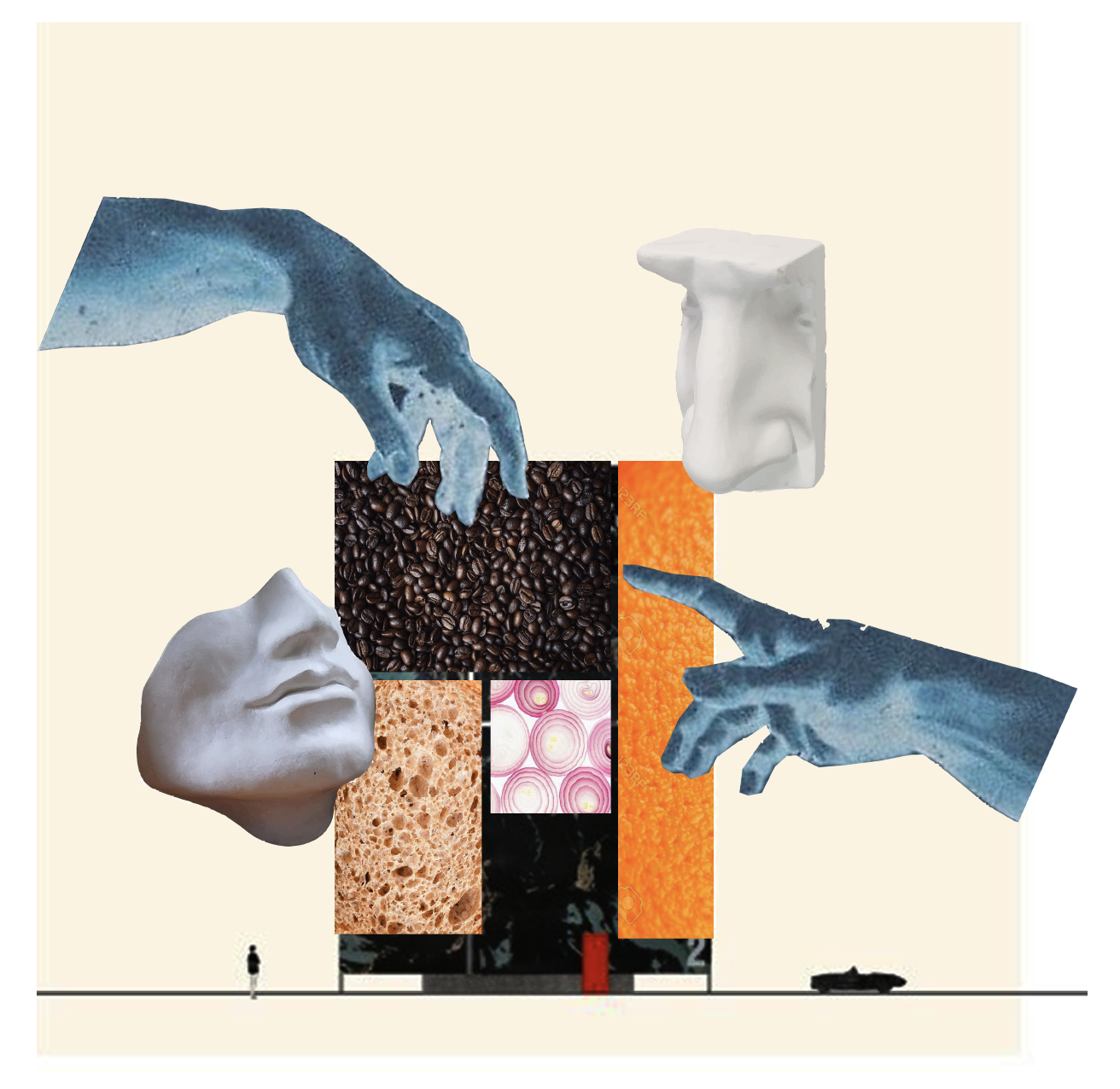
Study about the building materials processed from excessive food. Experiment of dierent recipes, observe and value their smell and form. Compare the use in real life. Redene what architecture product is, and what it can do.
Food Waste in America:
Facts and Statistics
58% of survey respondents feel less guilty about wasting food if it is composted.
From report: Estimating Quantities and Types Of Food Waste at The City Level

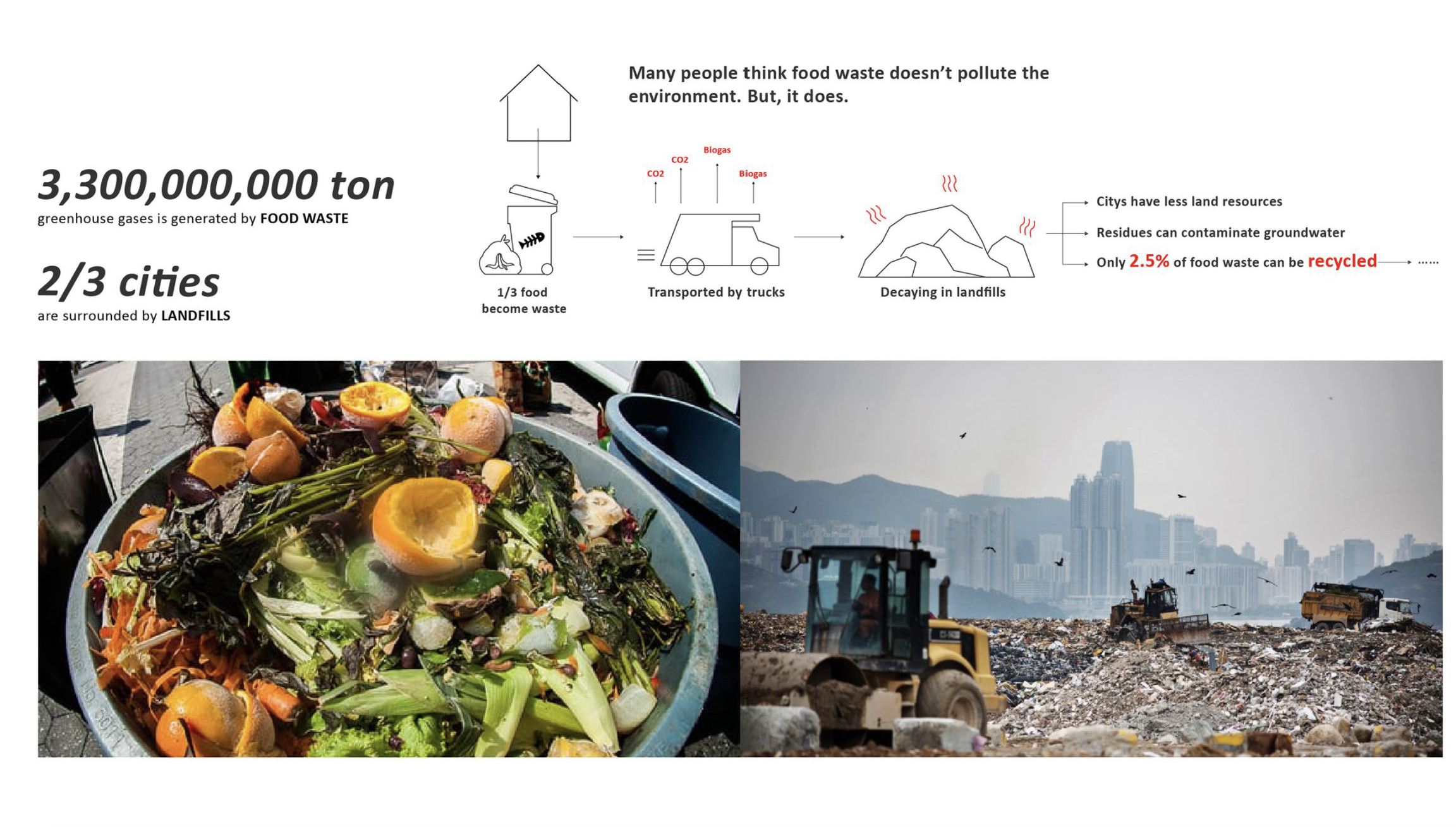
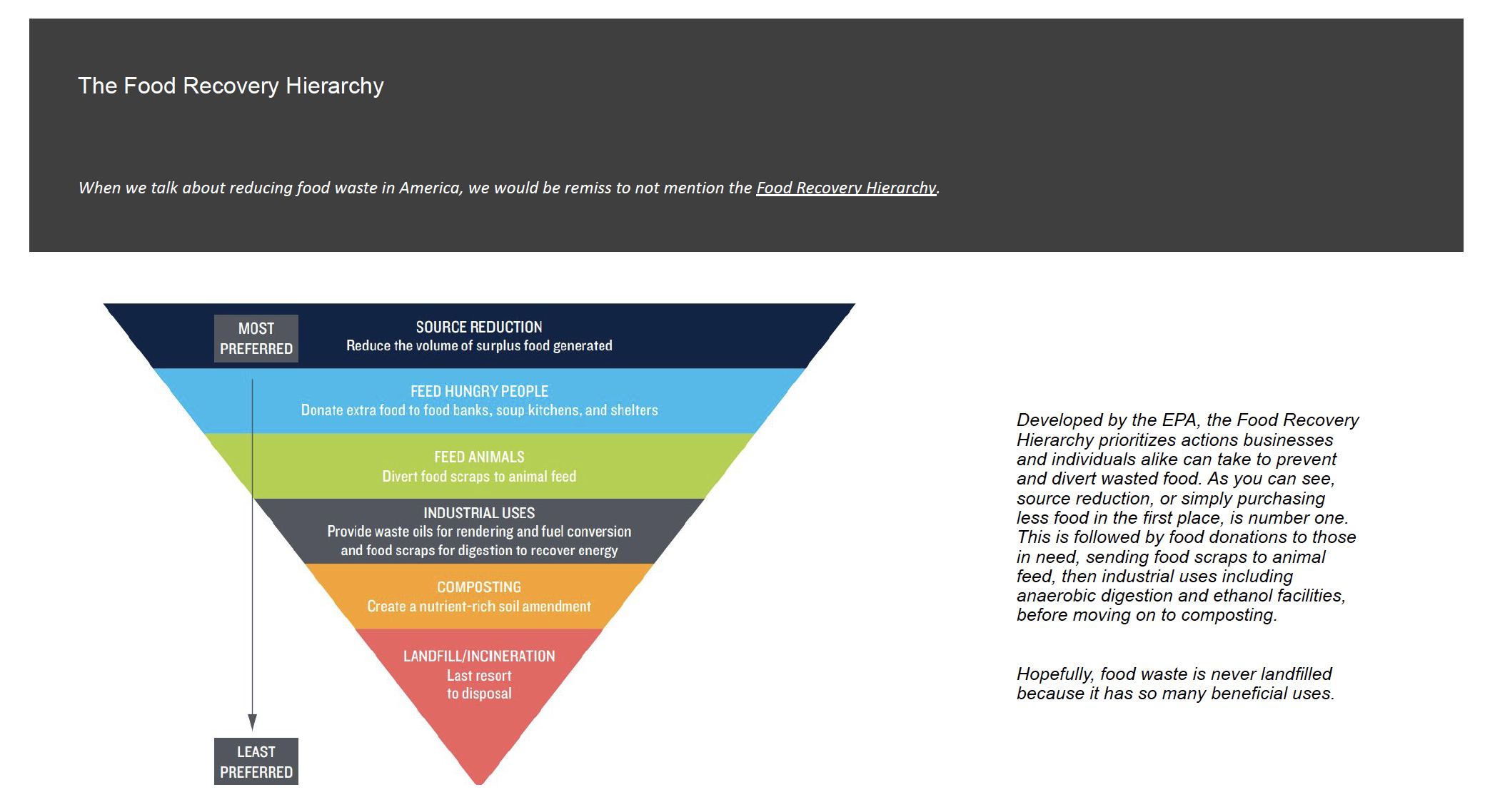
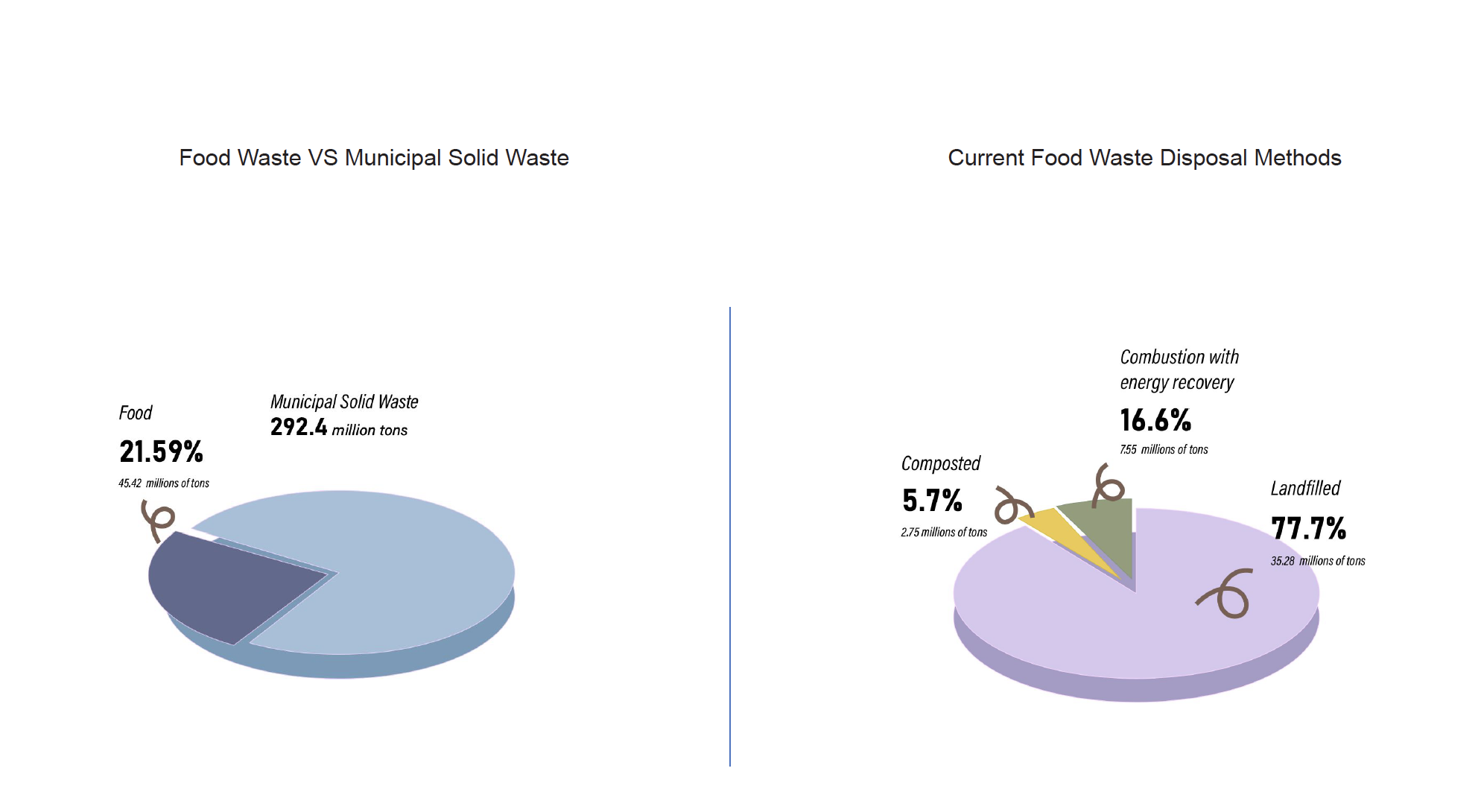
76% of our survey respondents indicated they believe they throw out less food than the average American.
From report: Estimating Quantities and Types Of Food Waste at The City Level
From report: Estimating Quantities and Types Of Food Waste at The City Level
“Make them aware of the size of the total problem. Make it clear that even though it seems that each family’s waste is a tiny percentage of the whole, it all adds up, so everyone should do their bit. It’s the same idea as voting, or lowering the amount of electricity, gas and gasoline we use.”
Bio-Loop of Organic Waste:
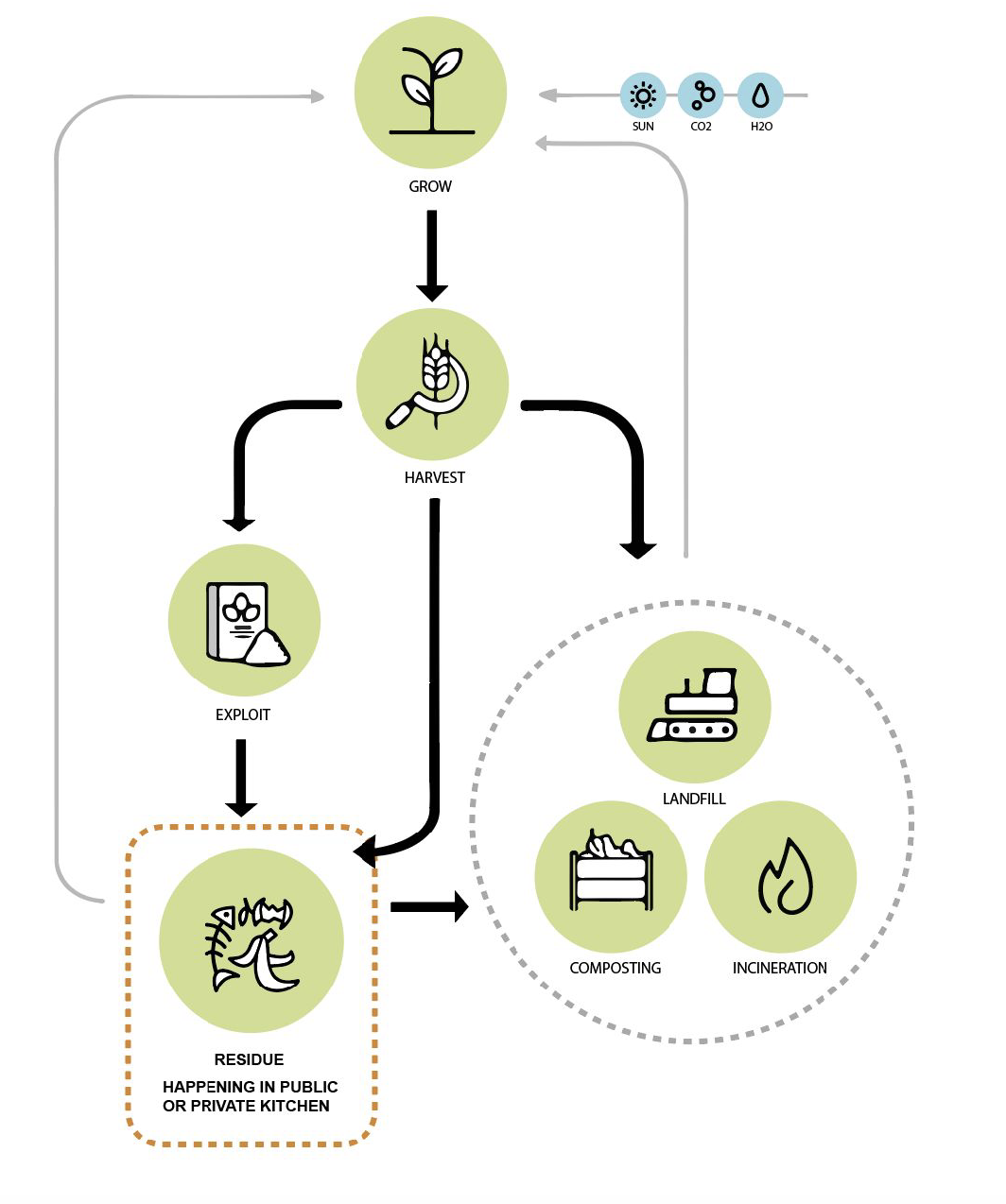
The Current Bio-loop of Organic Waste
We find out that we have no effective garbage disposal measures starting from the kitchen in the current organic resource cycle. Hence, most organic garbage runs to landfills. Suppose we can more effectively return organic waste to the process of remaking and repurposing. In that case, it will significantly ease the burden of landfill incineration and composting on the environment. The rethinking of the kitchen in the architectural design will make a more useful resource cycle intervention.

Rethink of urban bio-loop
Due to the limited living area in the city, the conditions that enable each household to carry out further garbage disposal are restricted. Incorporating care for the environment into the space design and the ability to treat garbage further will reduce the inconvenience of food waste accumulation at home, improve the kitchen environment, and reduce the waiting for unified collection and transportation. Enhance the overall urban environment.
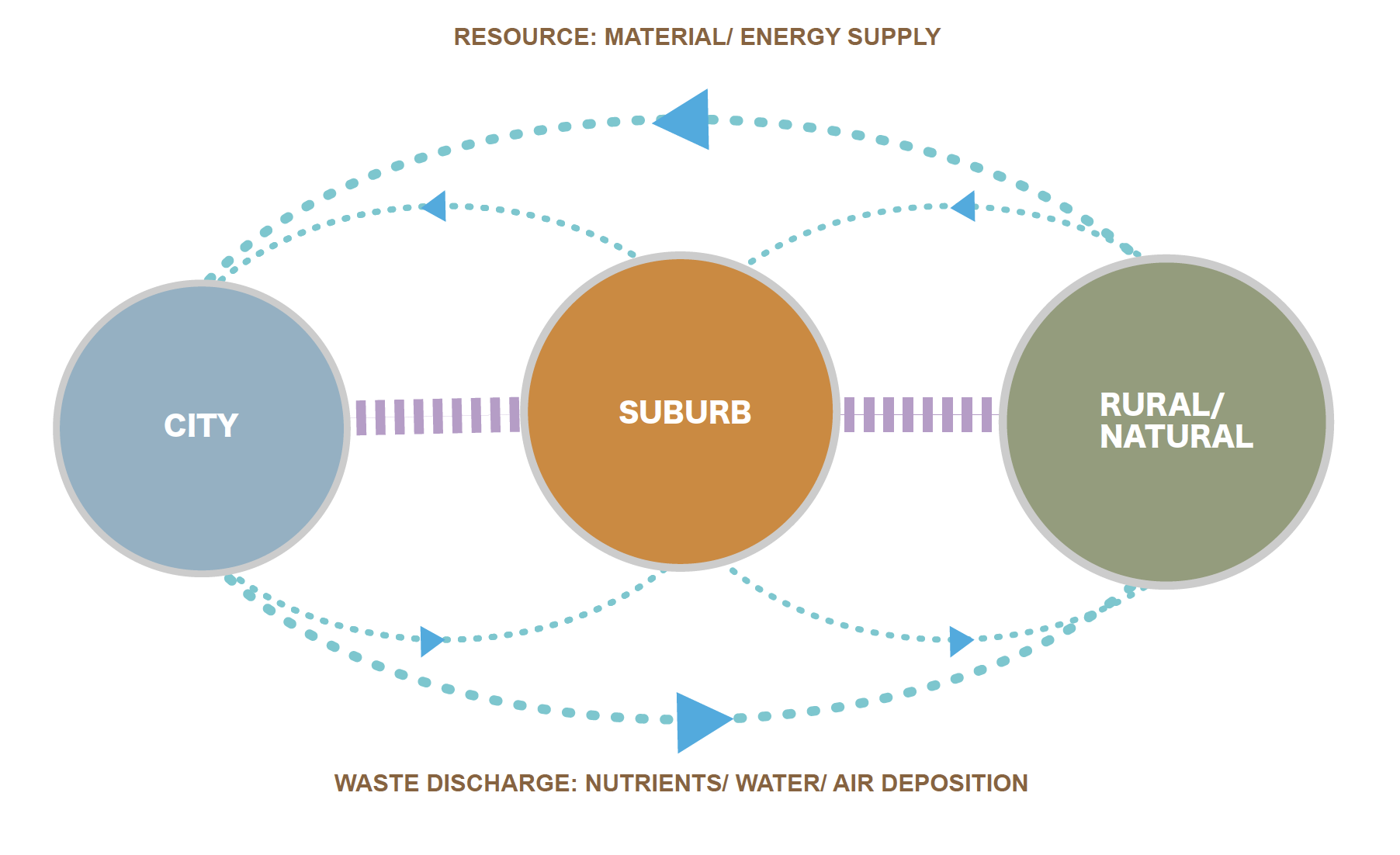
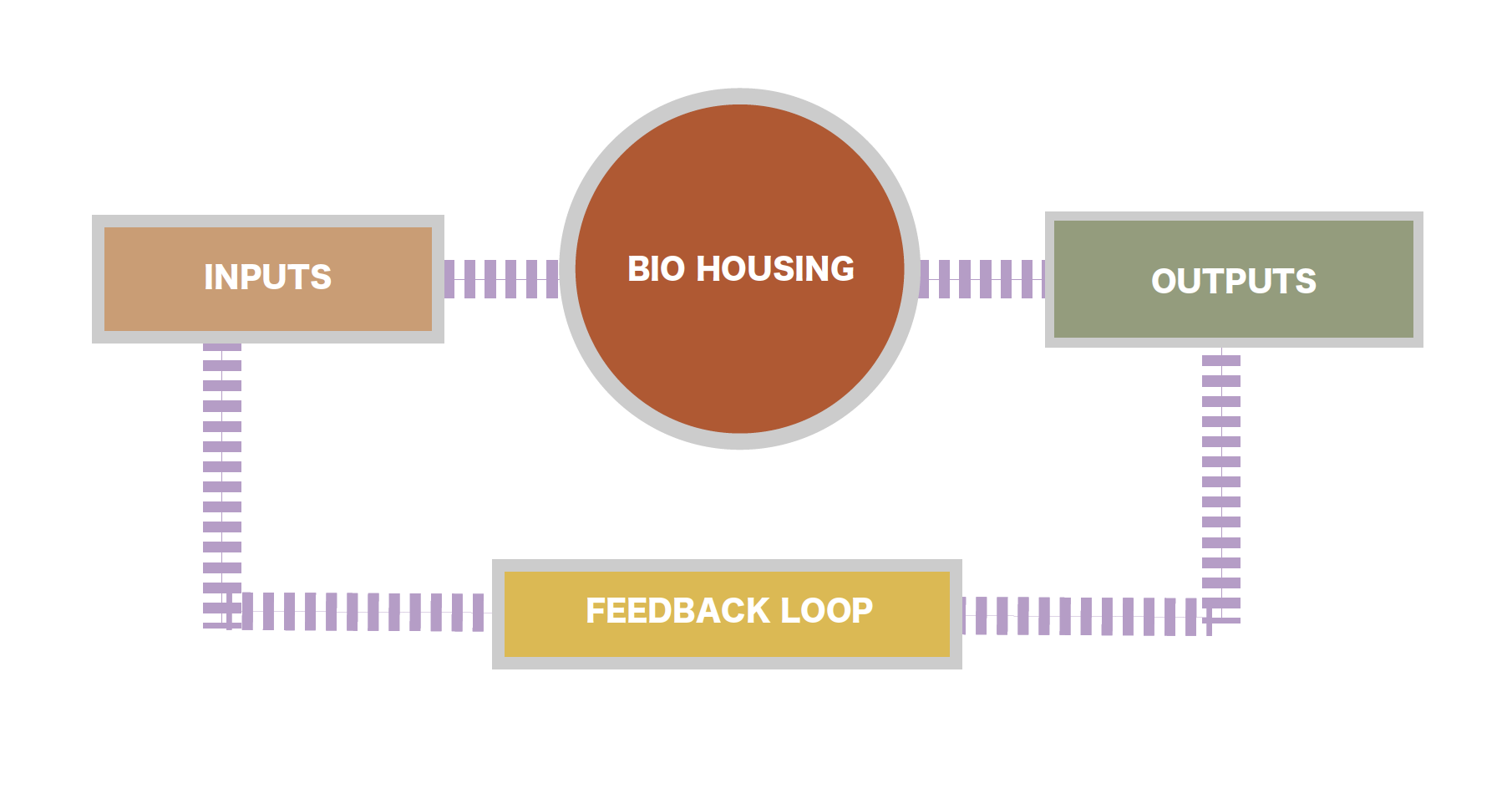
Kitchen Function and Workflow:
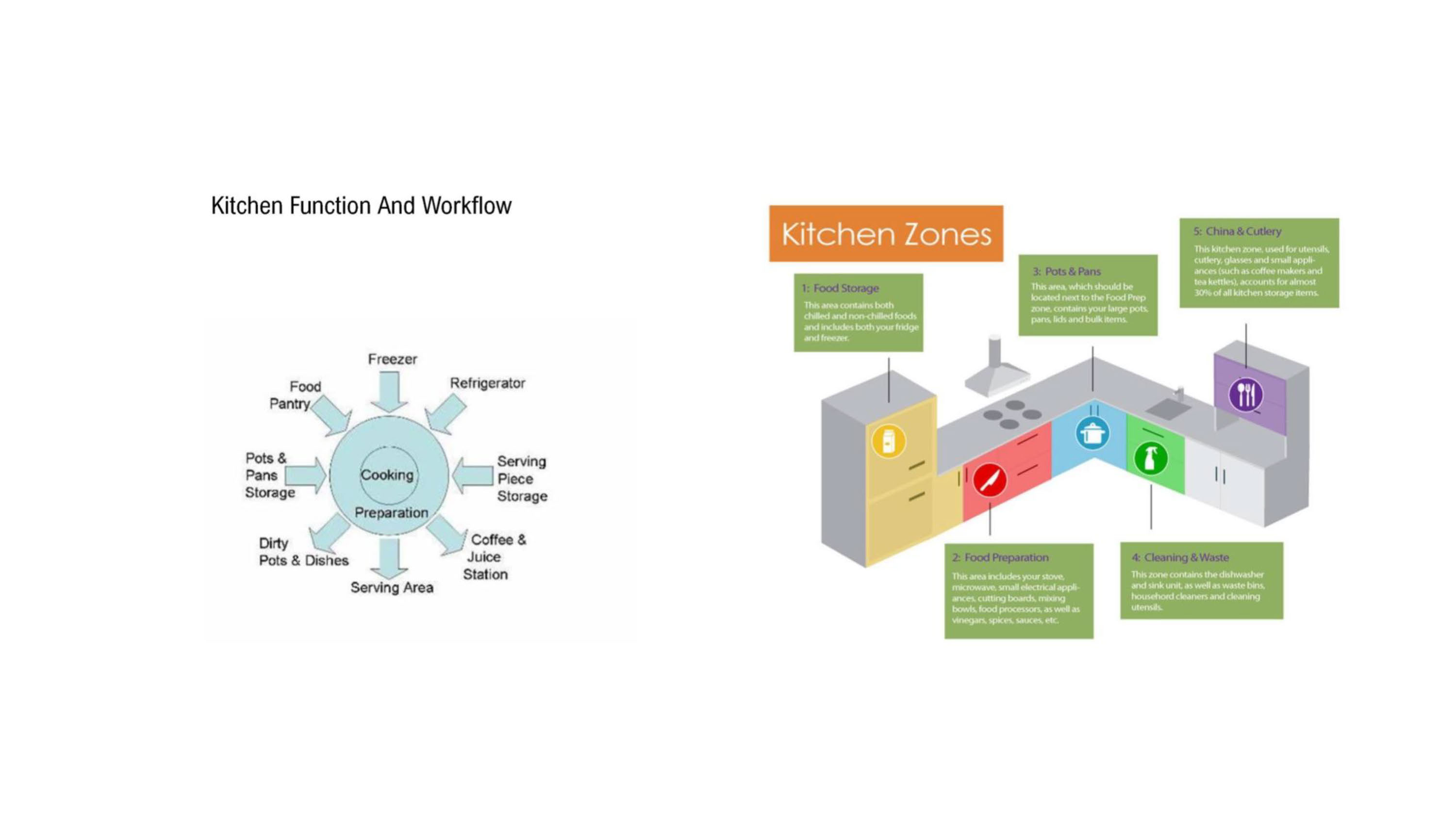
“Future resilient cities will be constructed out of their own refuse.”
From Book: Building from Waste: Recovered Materials in Architecture and Construction
From Book: Building from Waste: Recovered Materials in Architecture and Construction
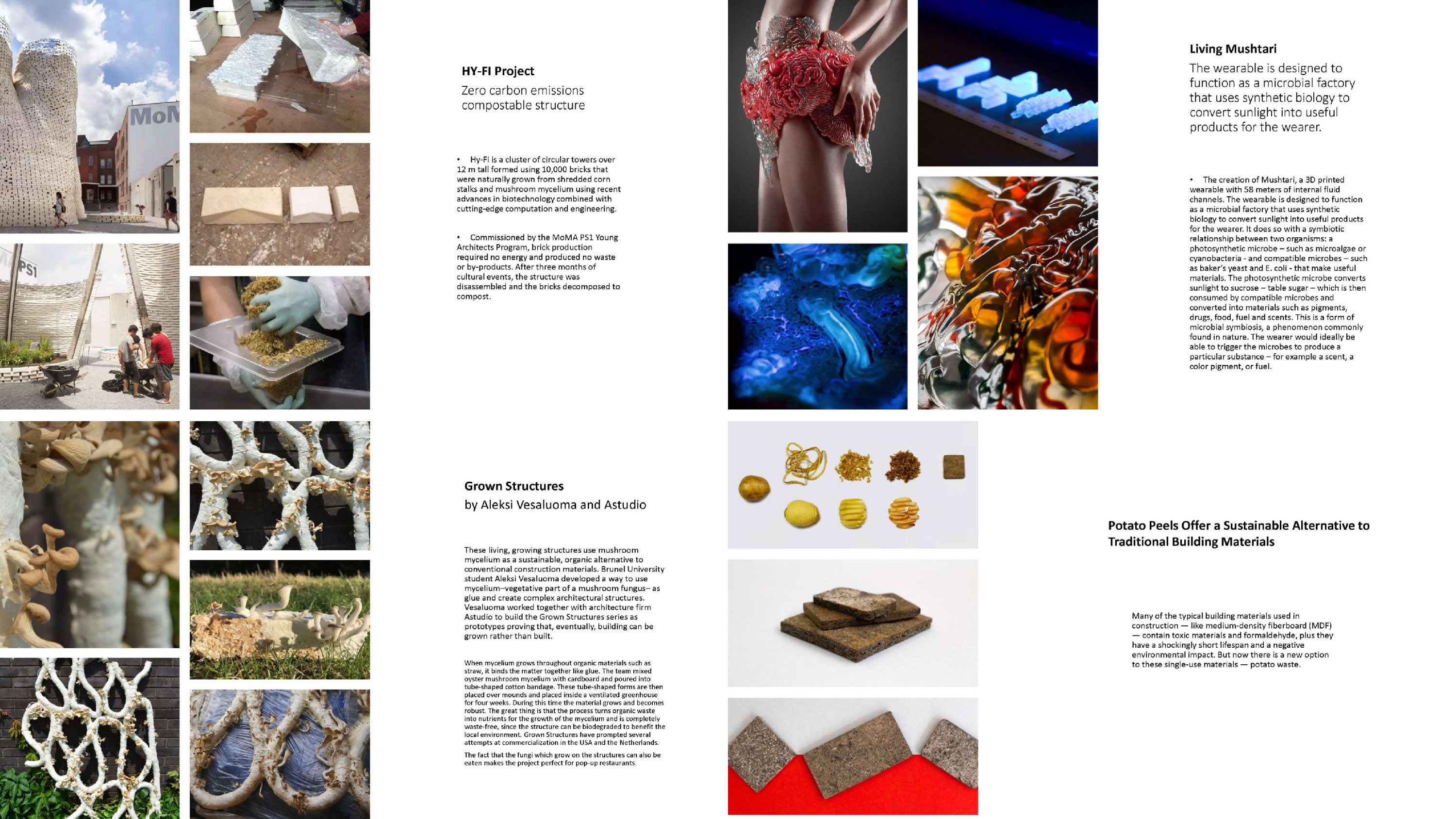
Scenarios:

Experiment:
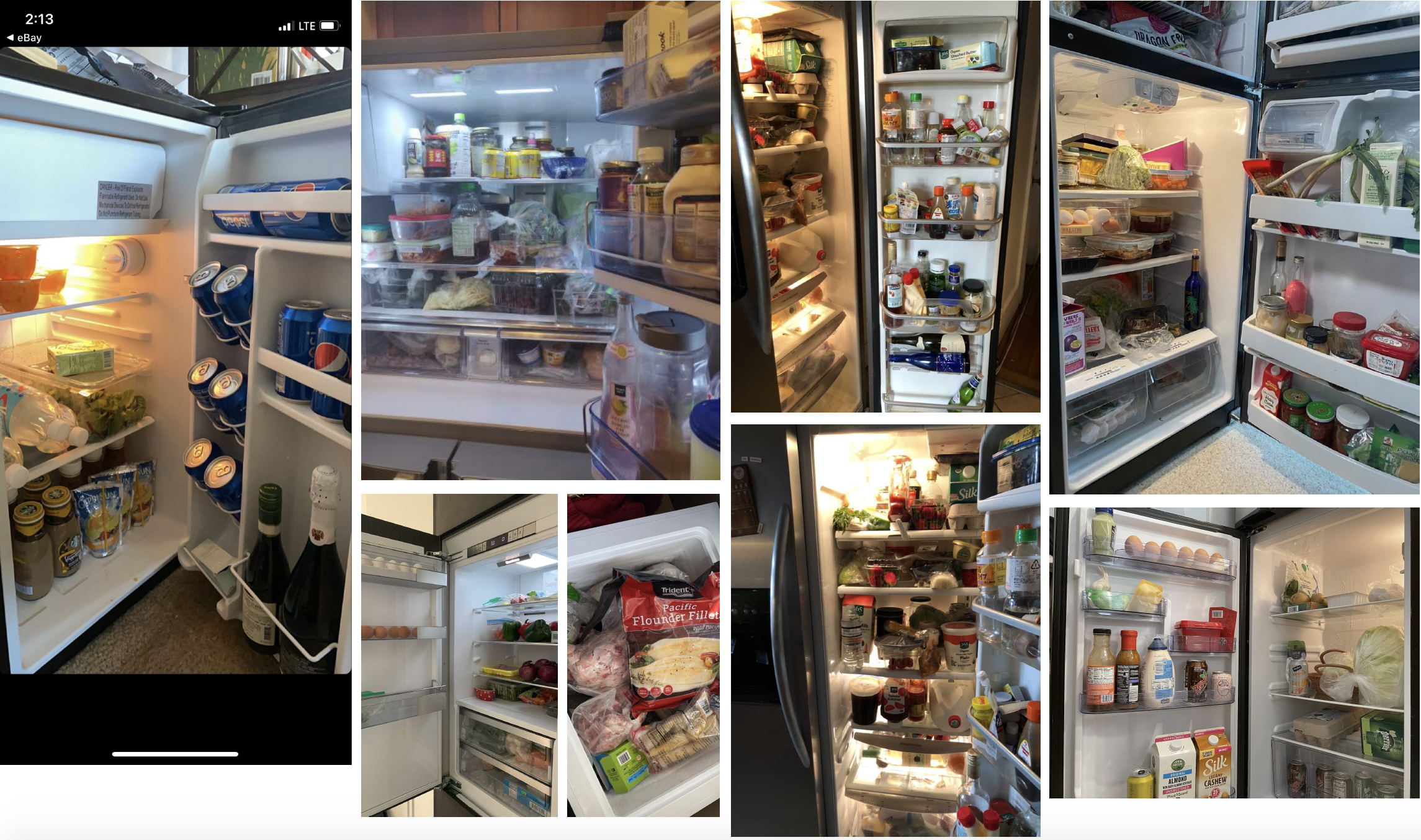



Design:
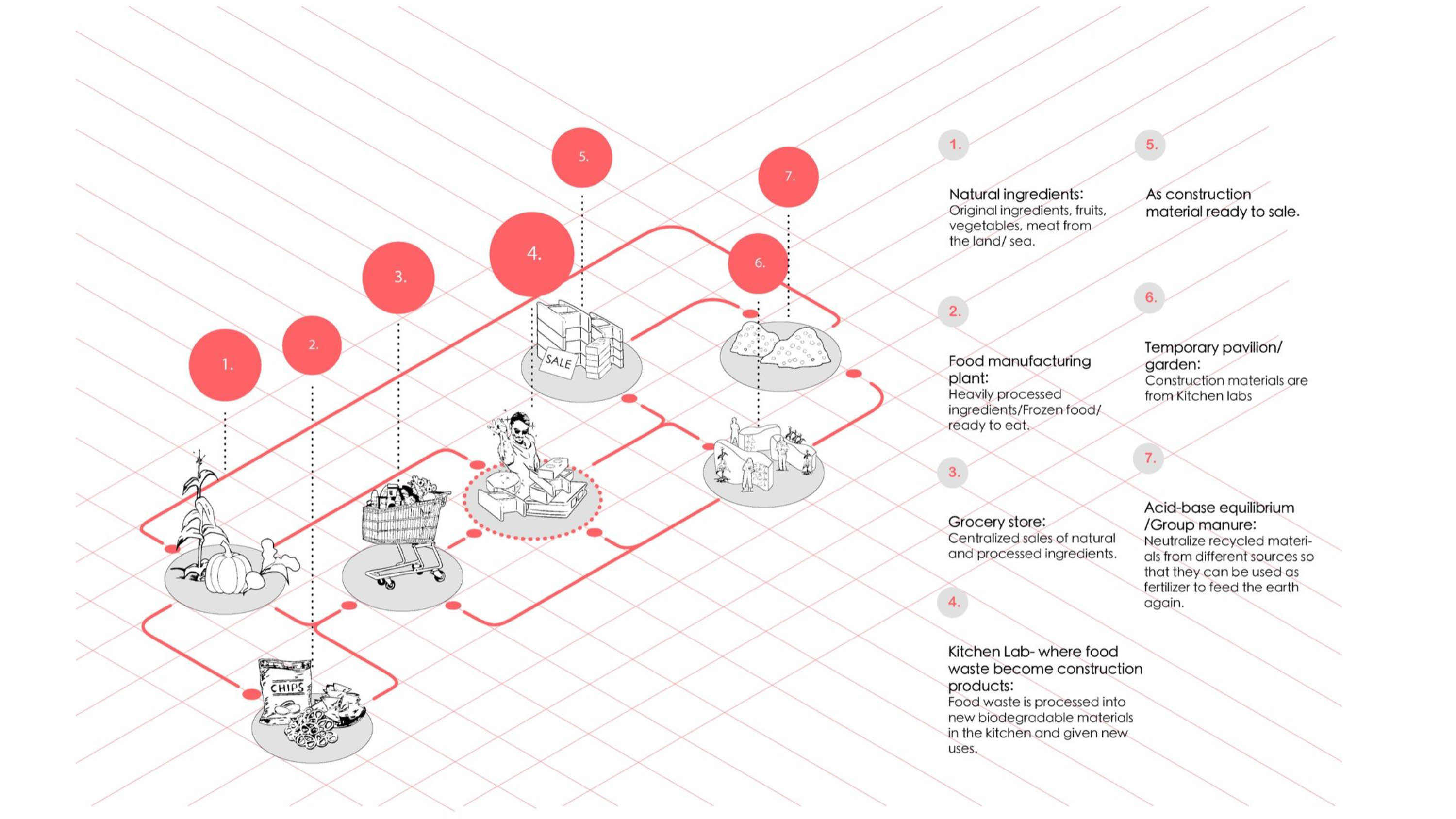
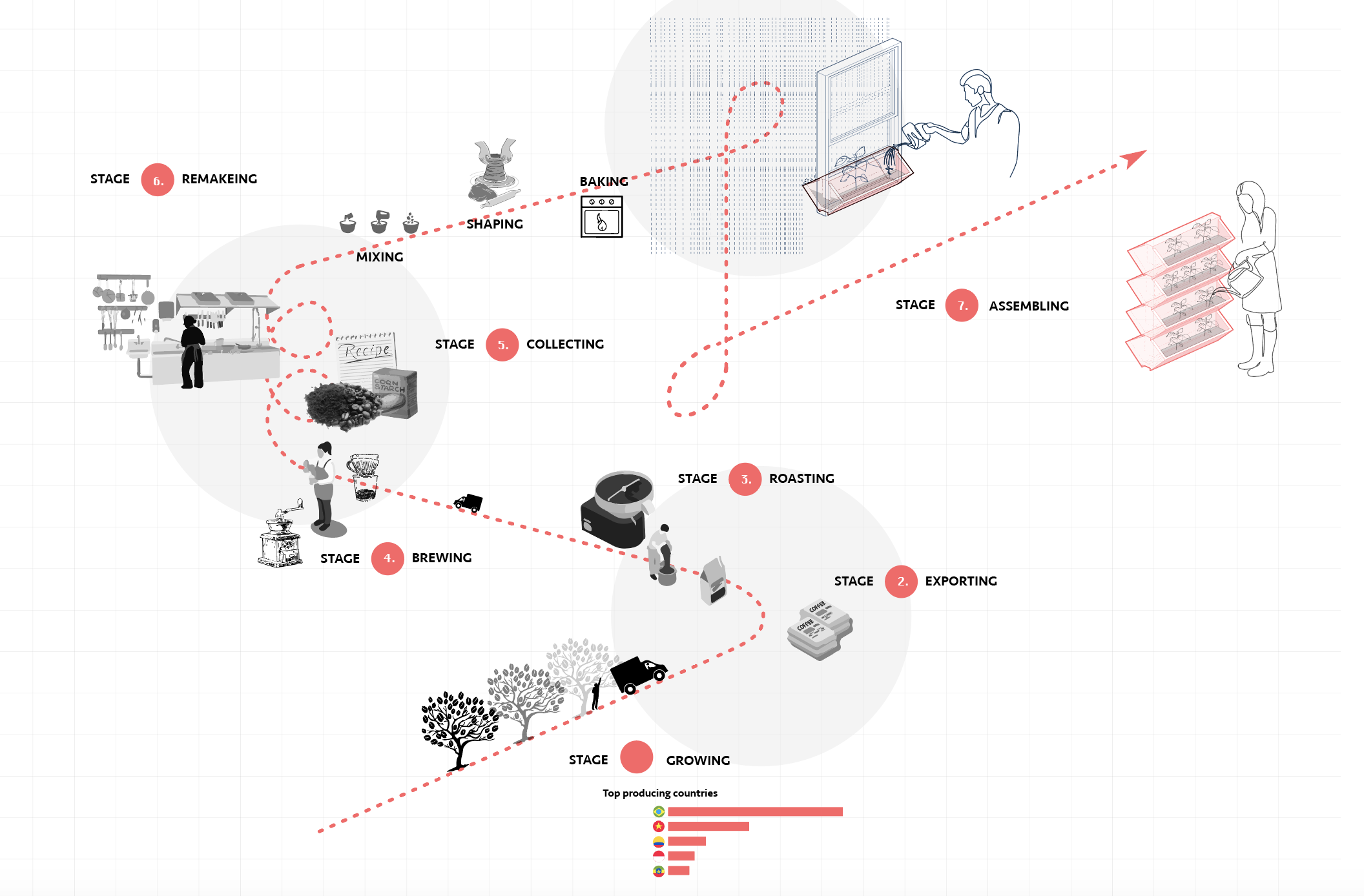
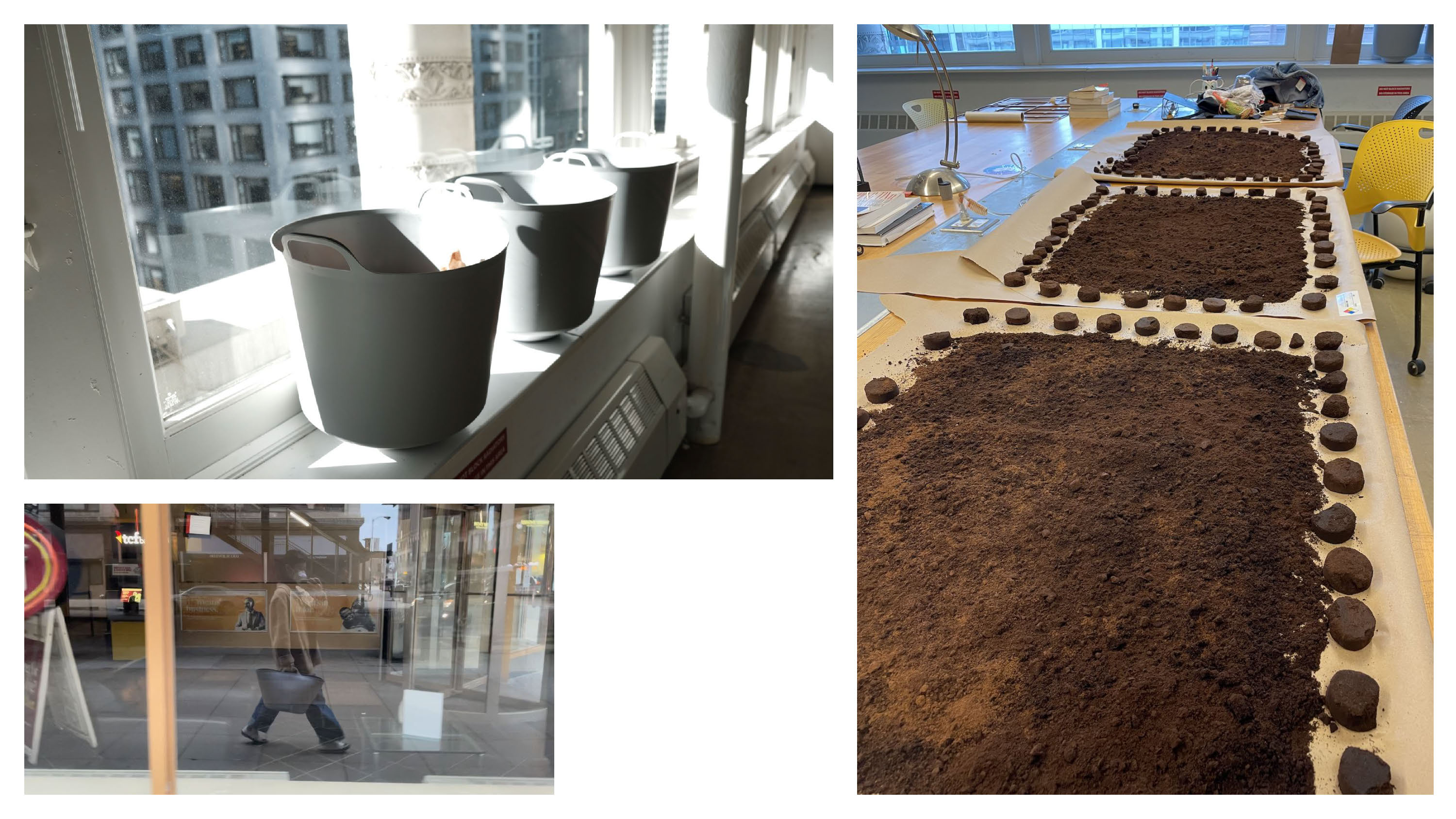
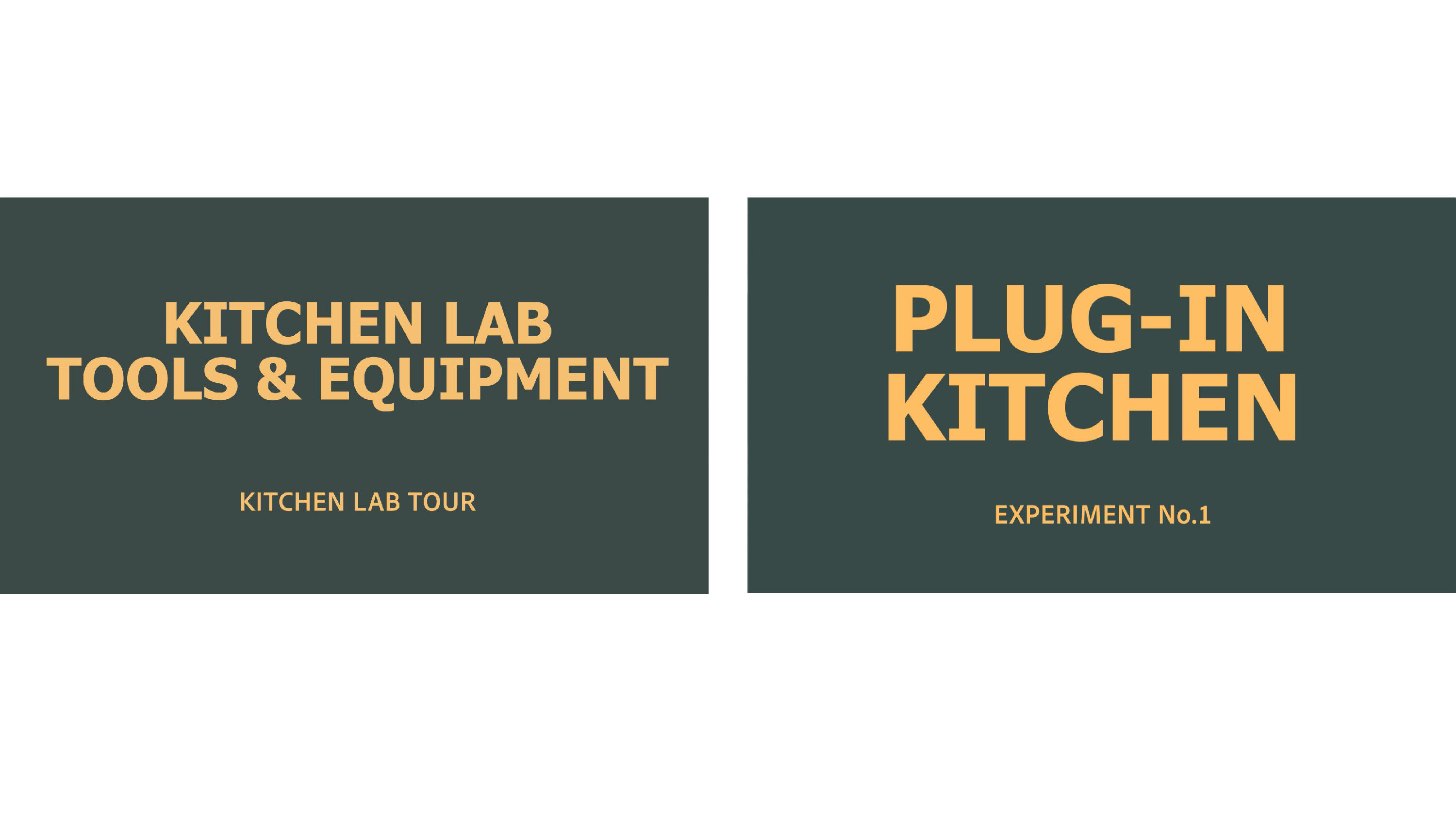
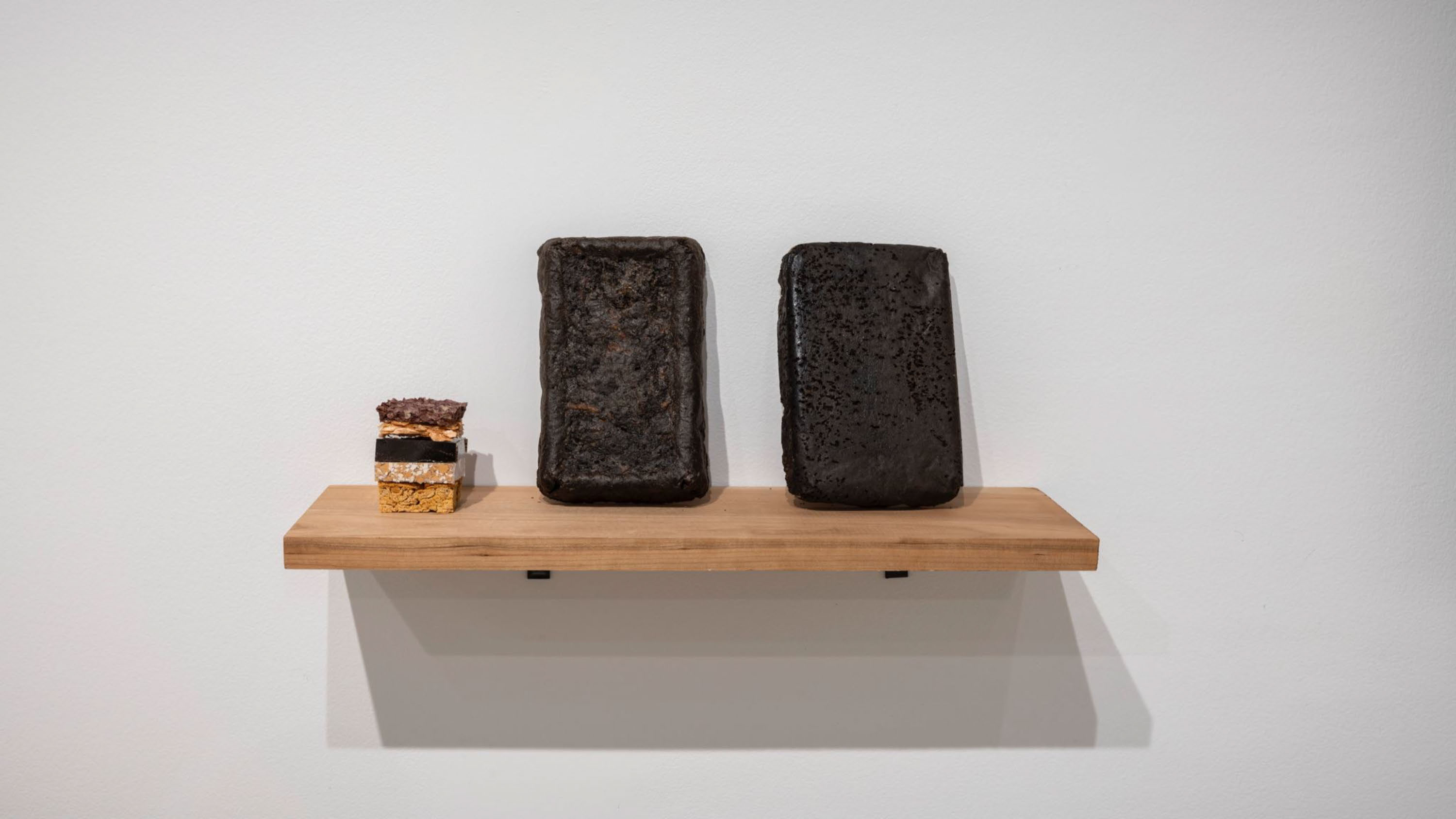
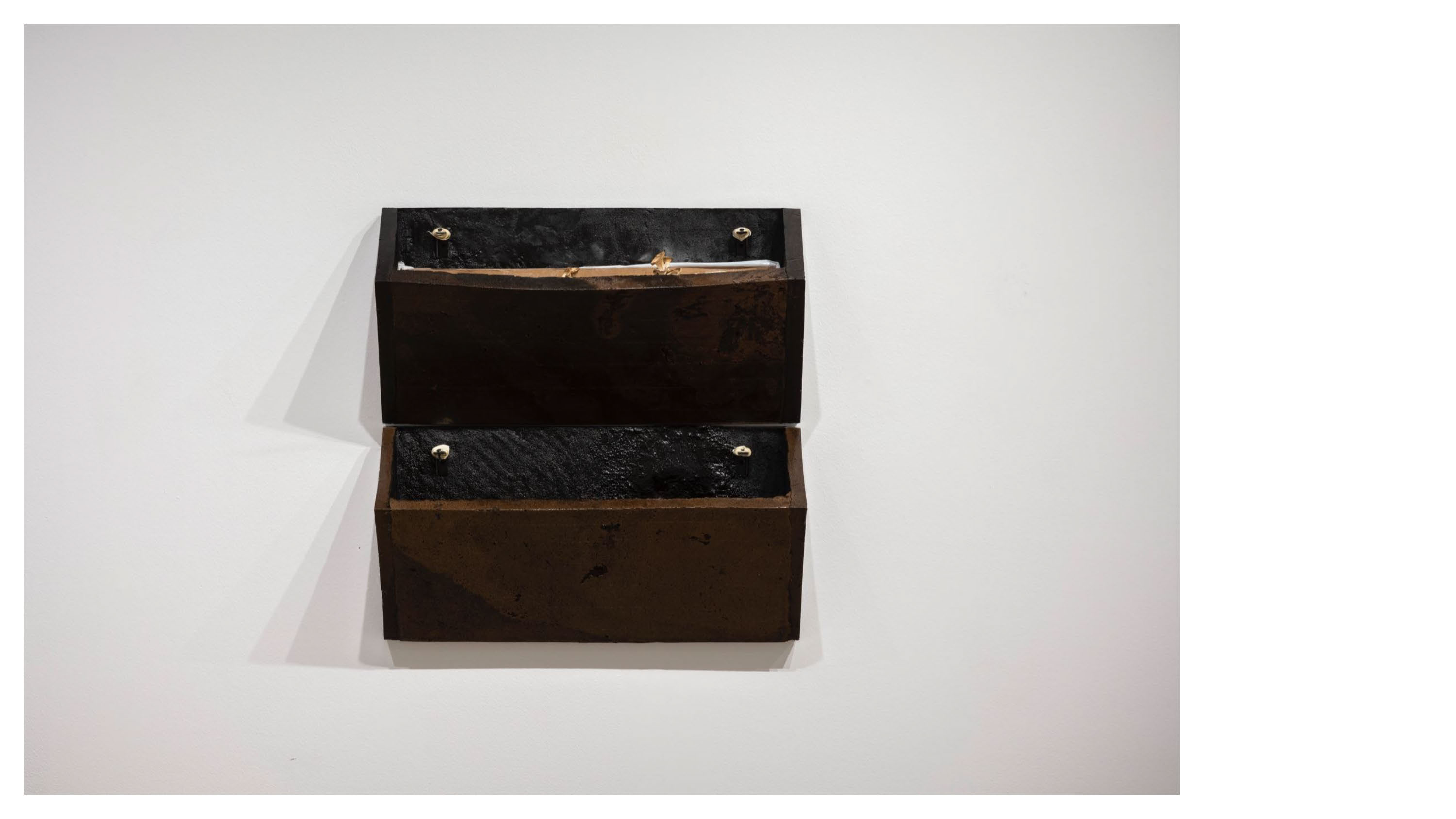

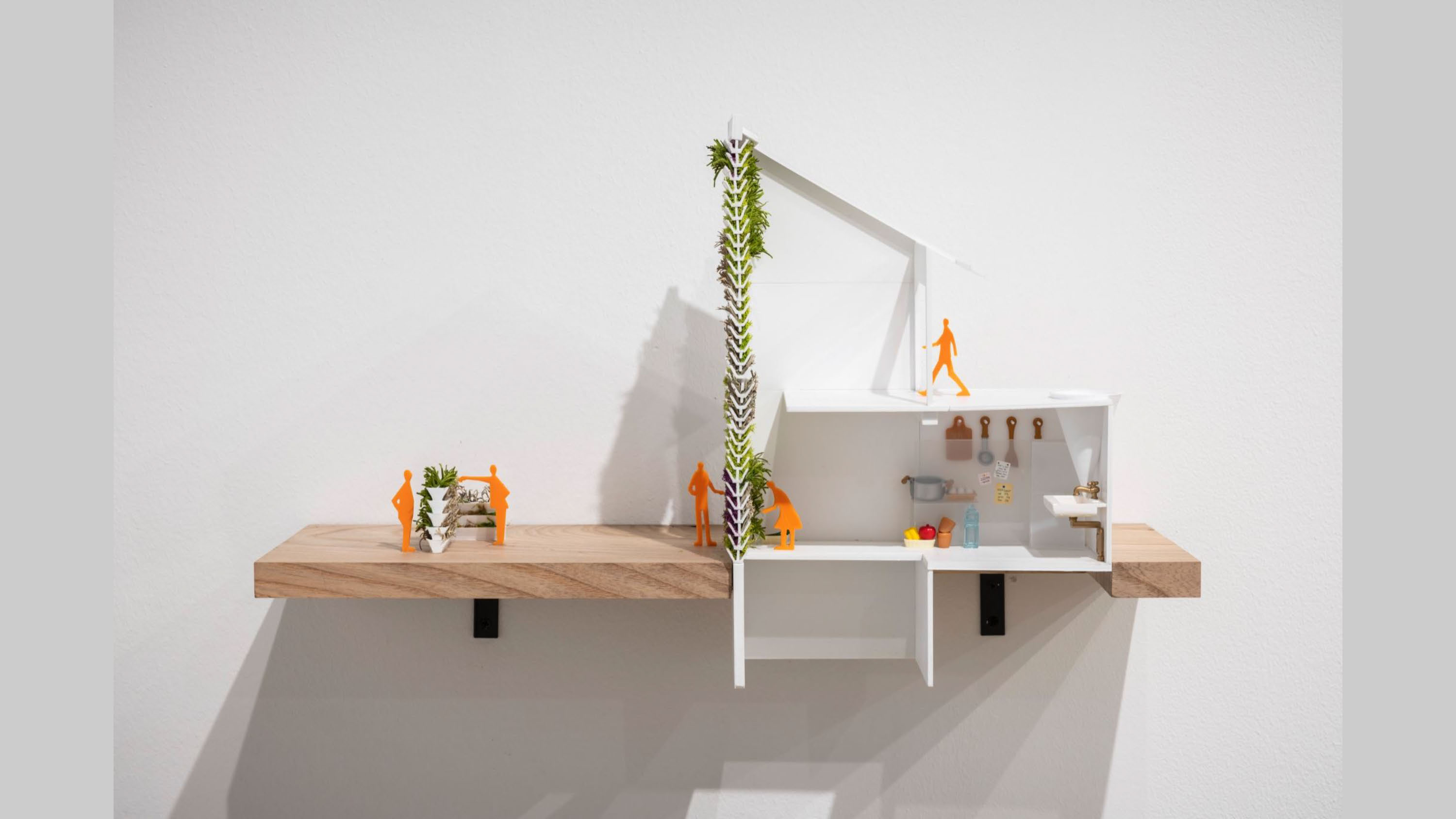
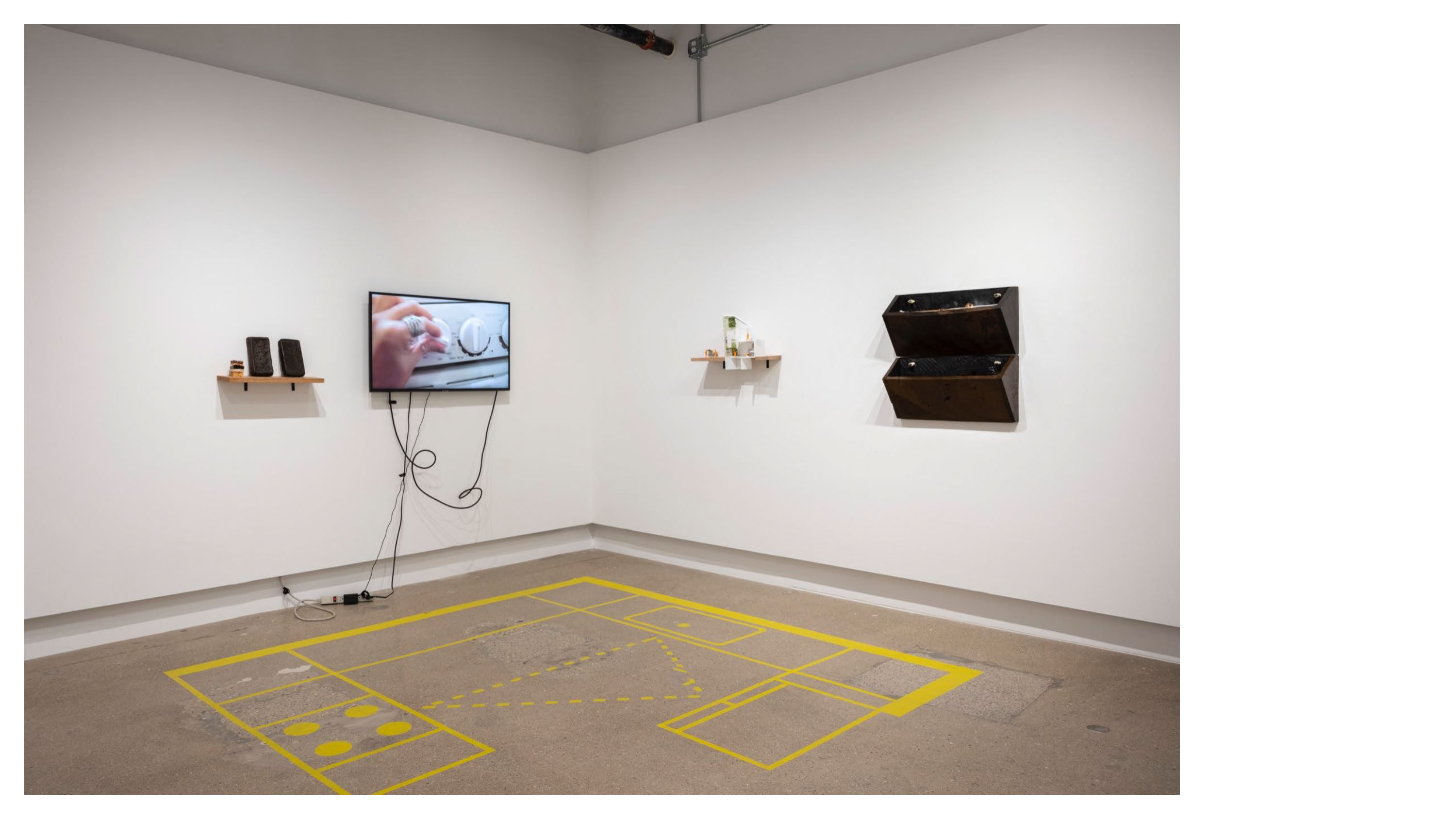
(n+d)⋅ing Collective 2021 — Chicago, Illinois